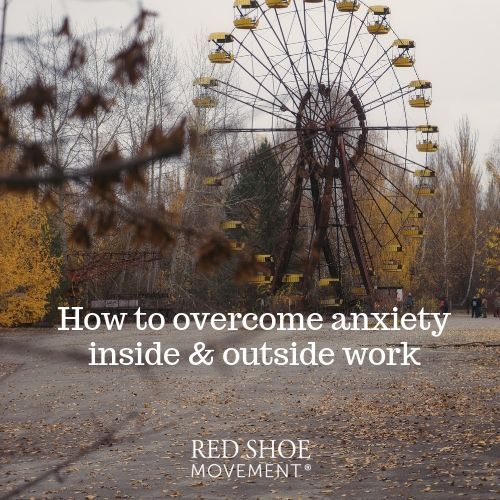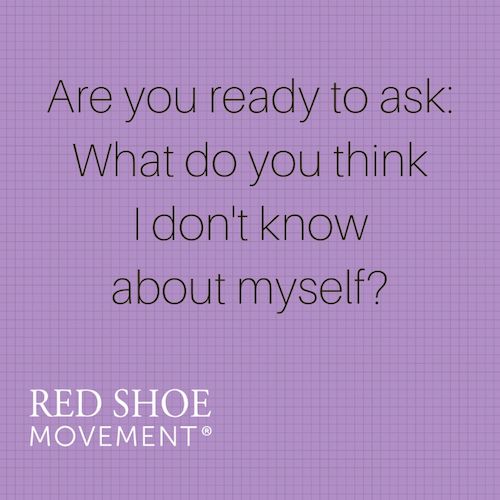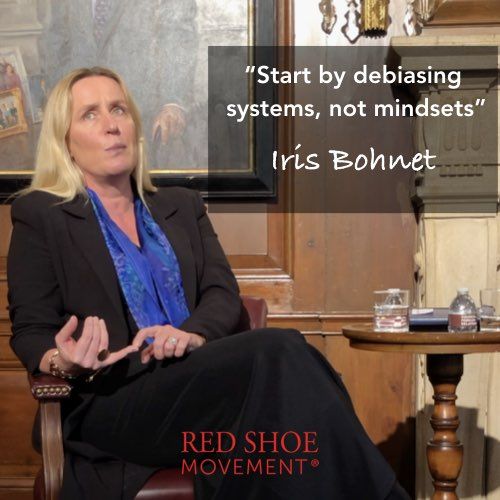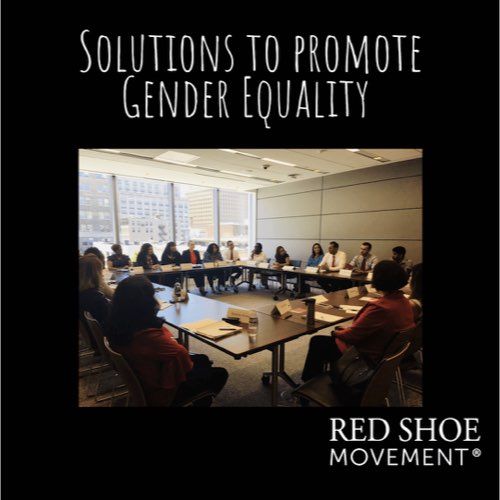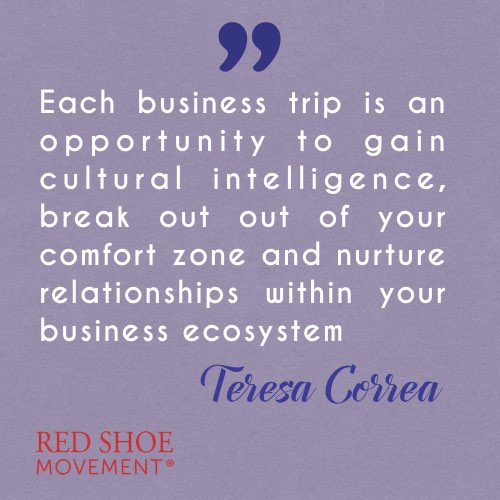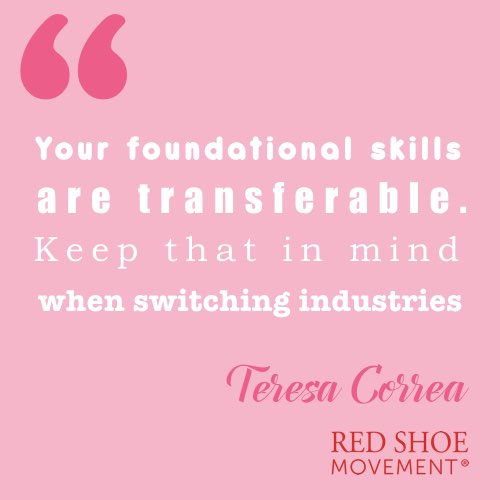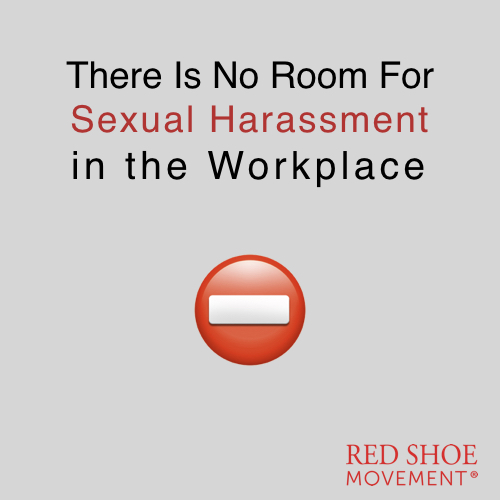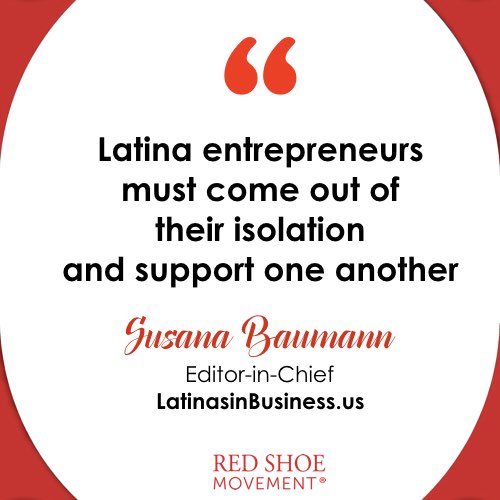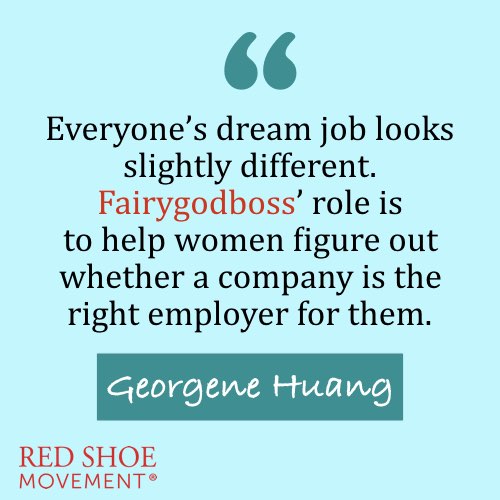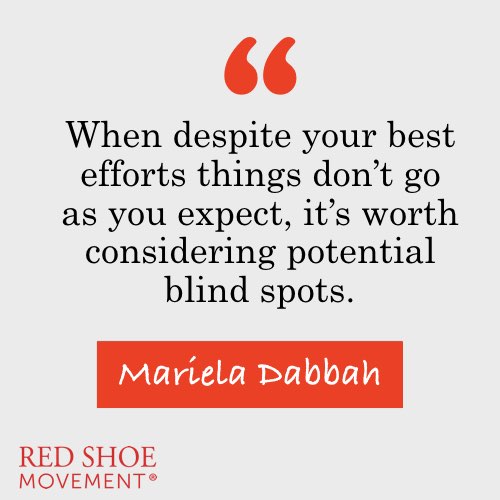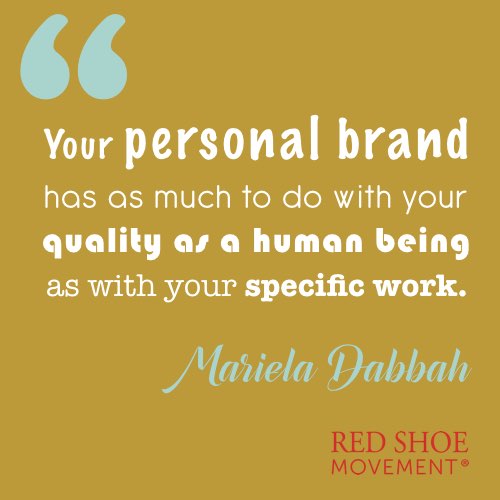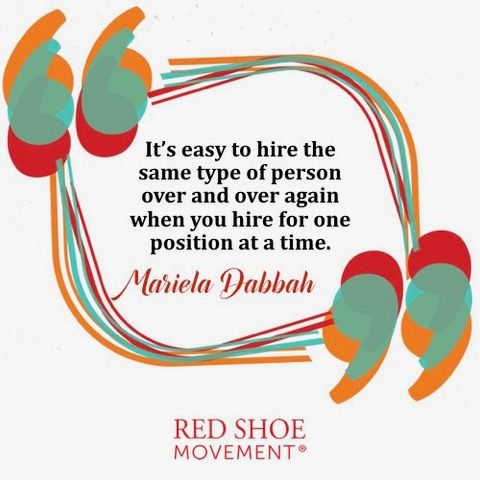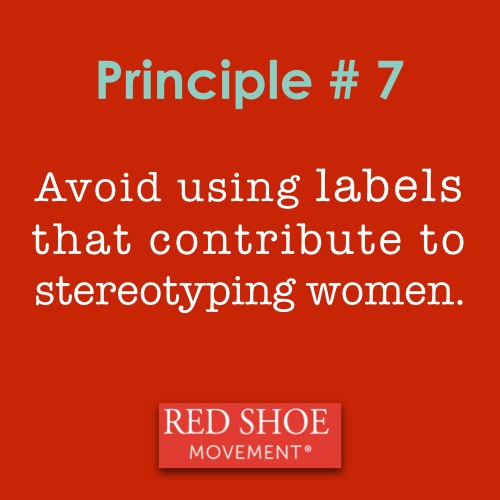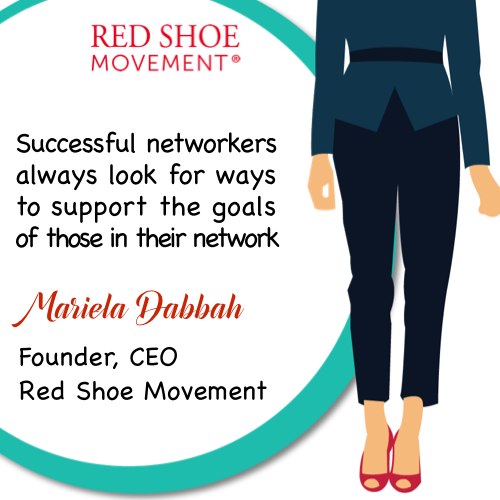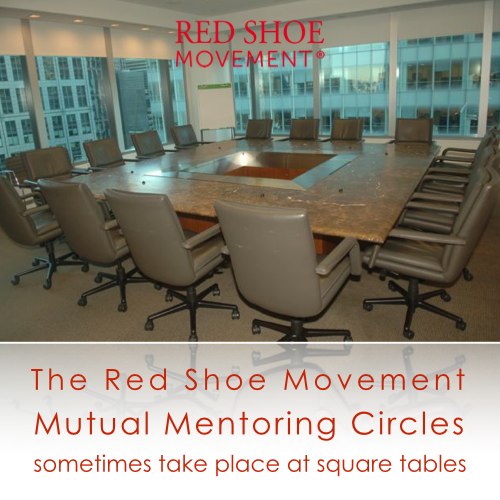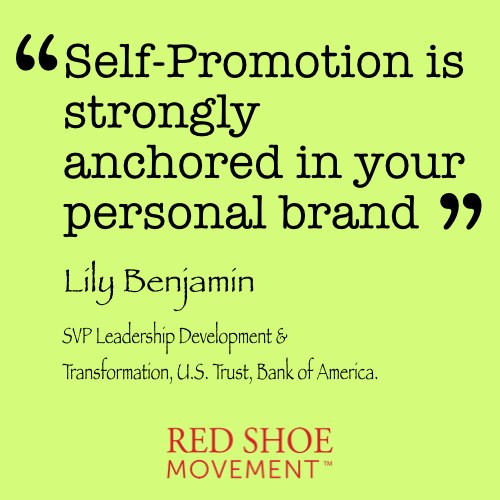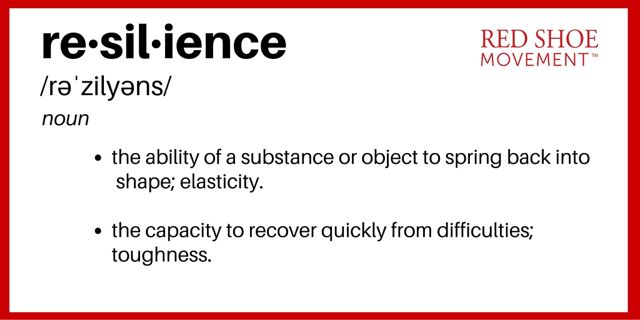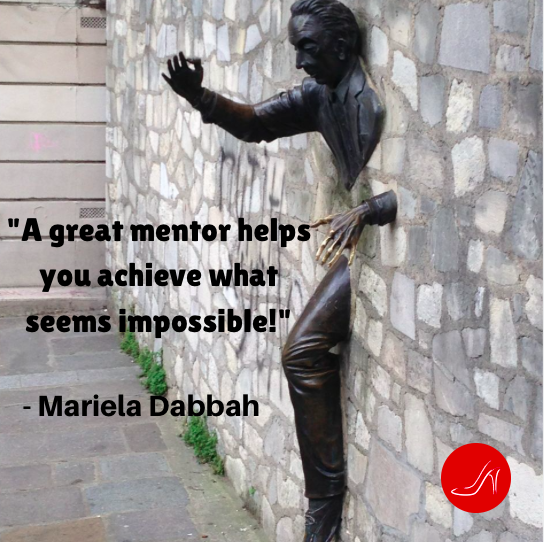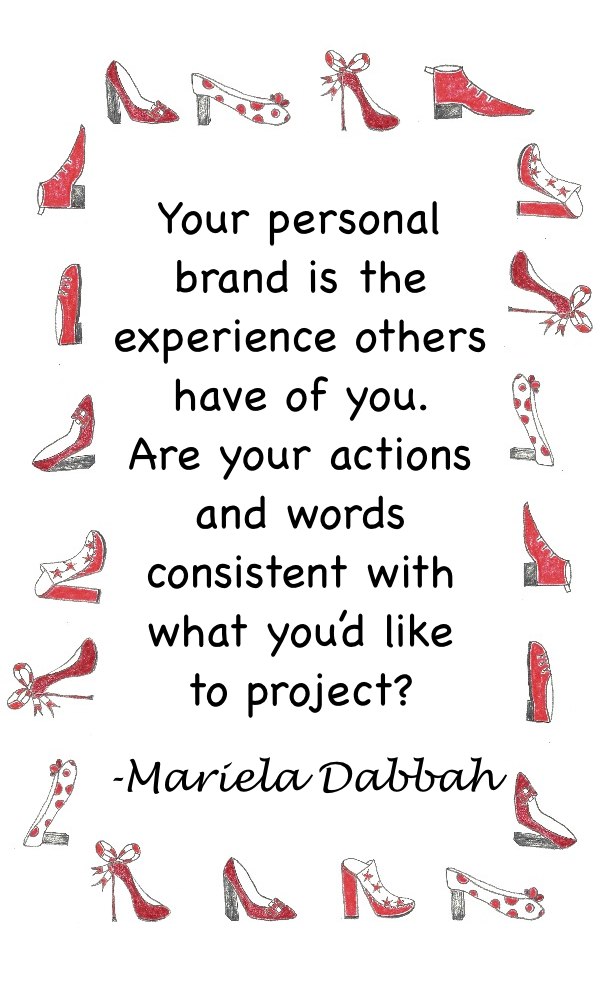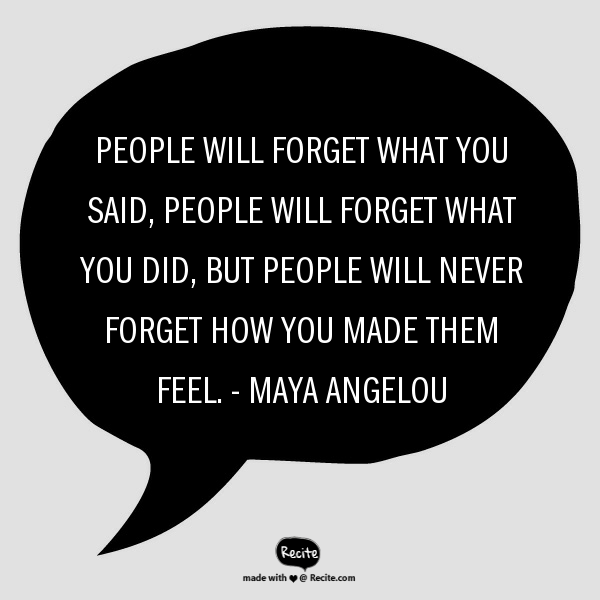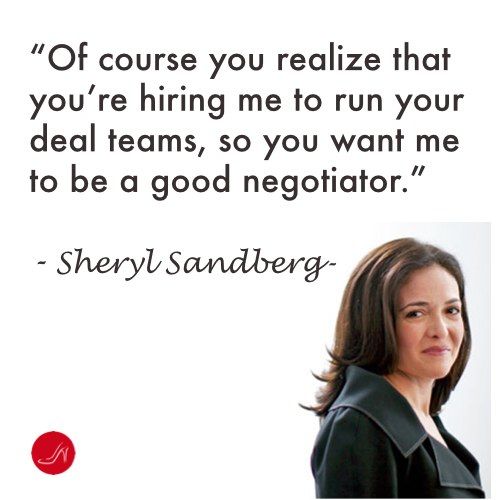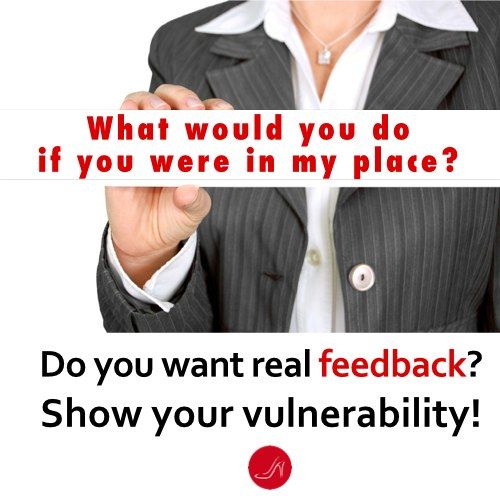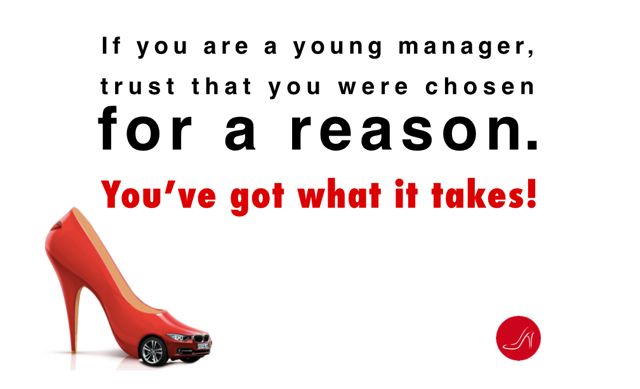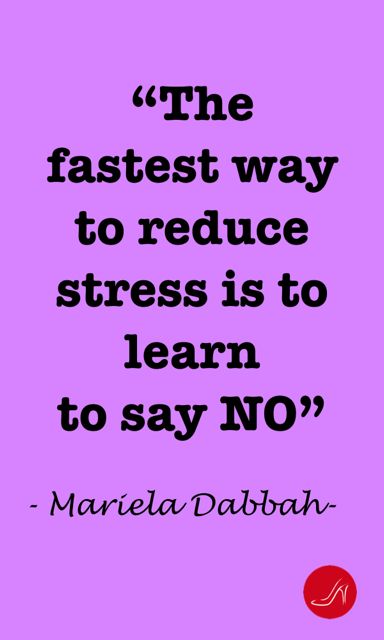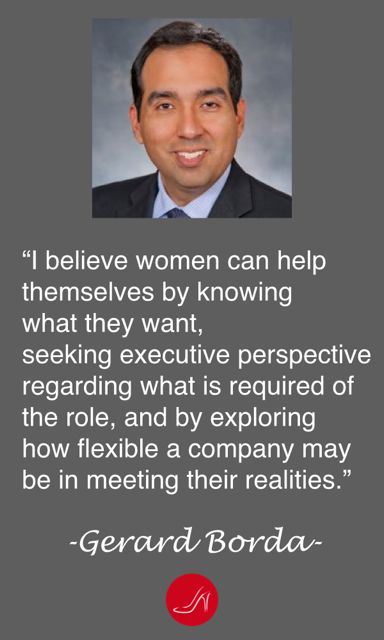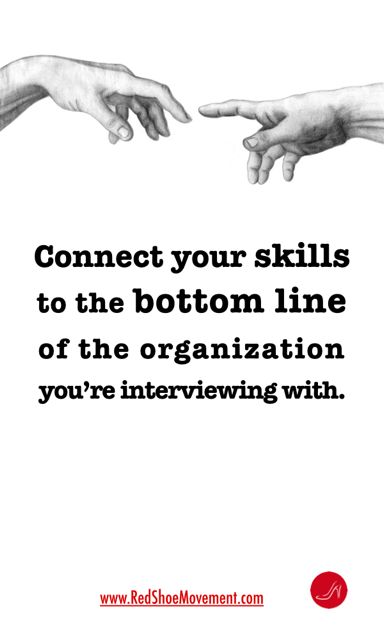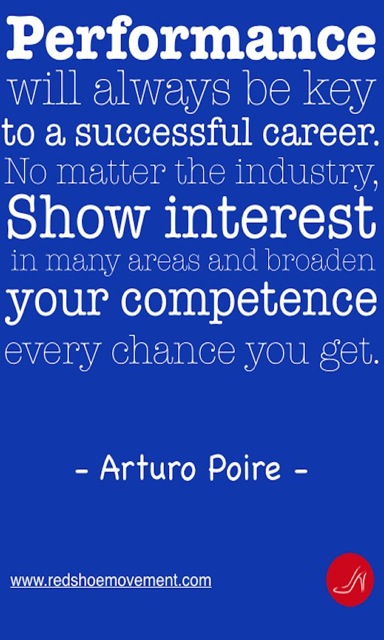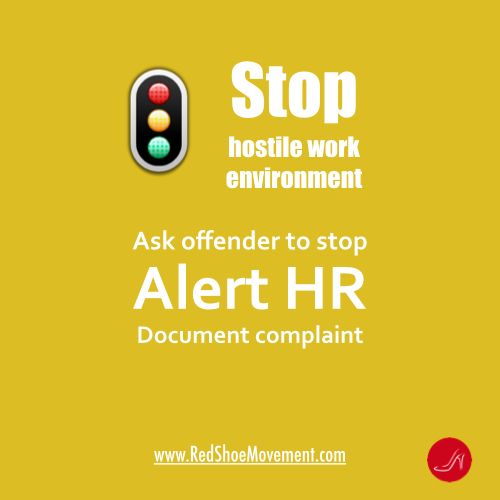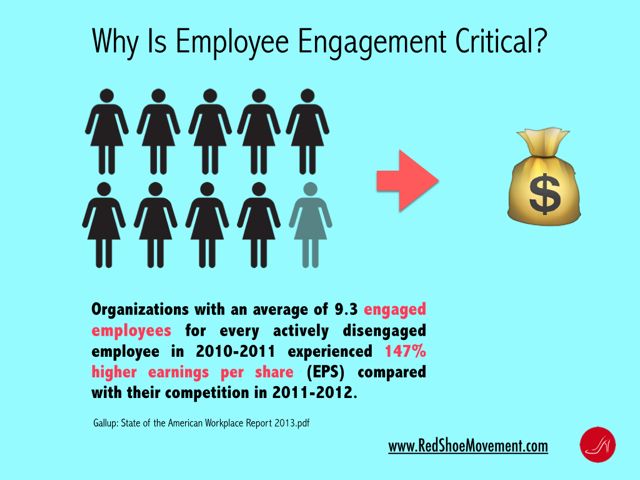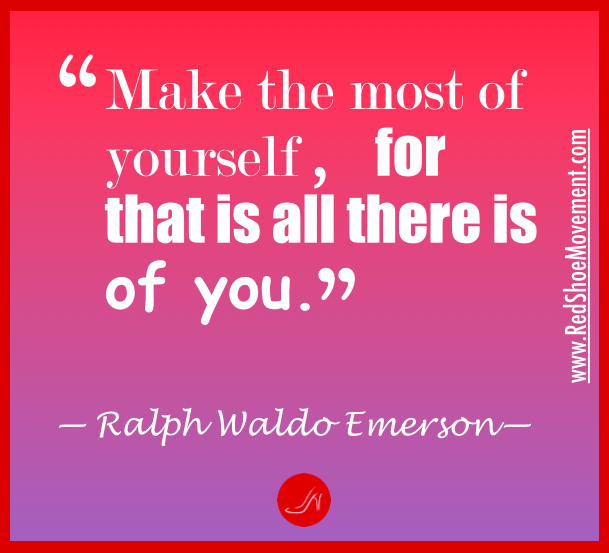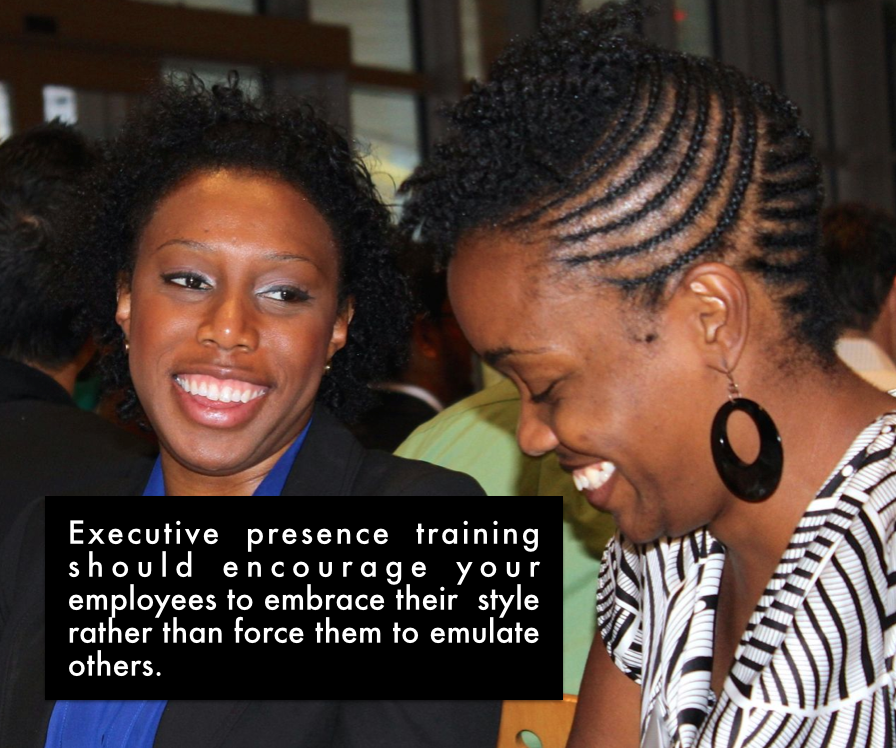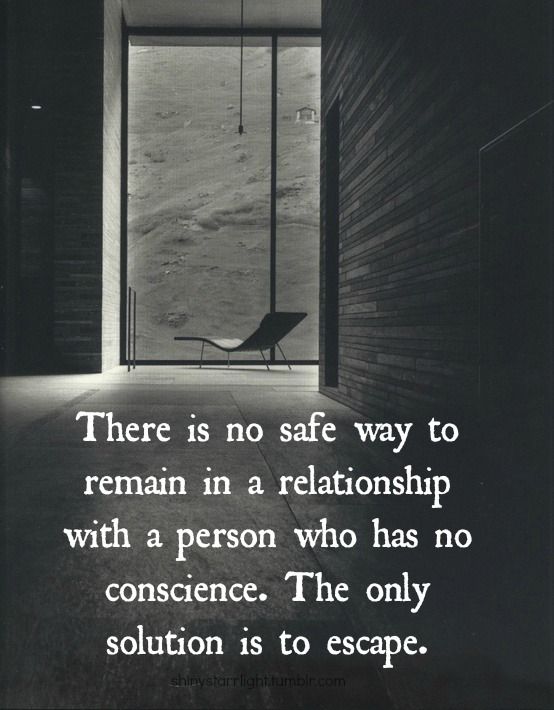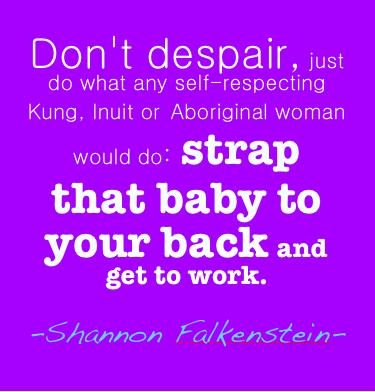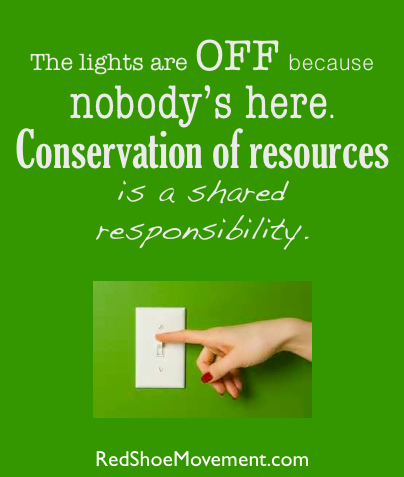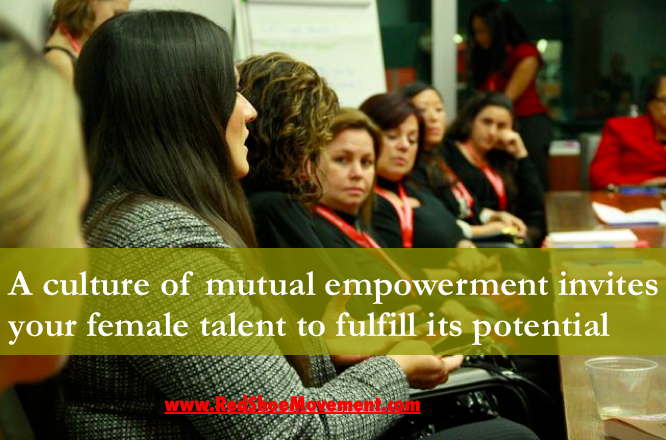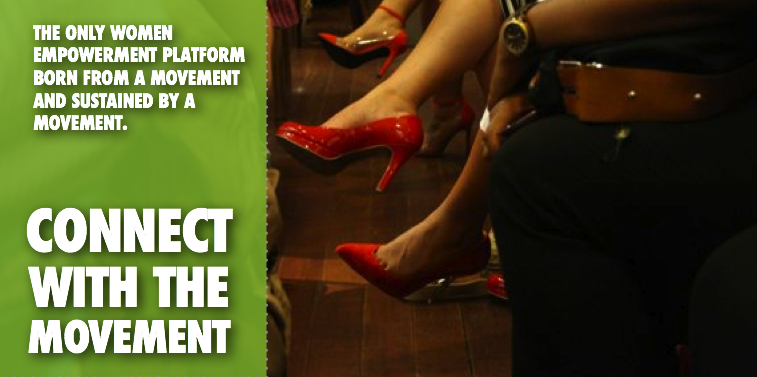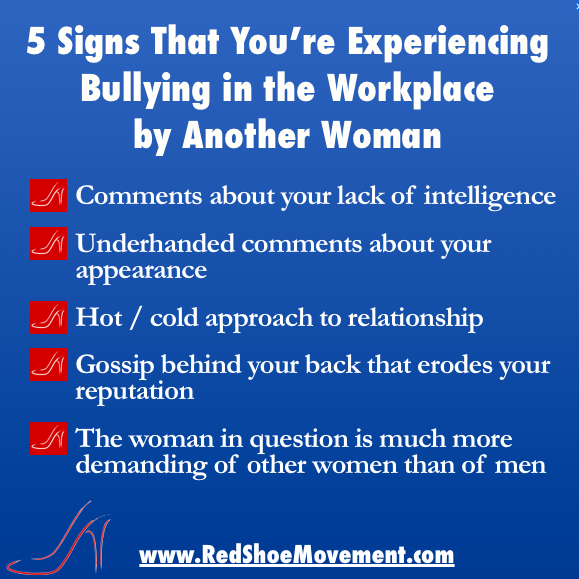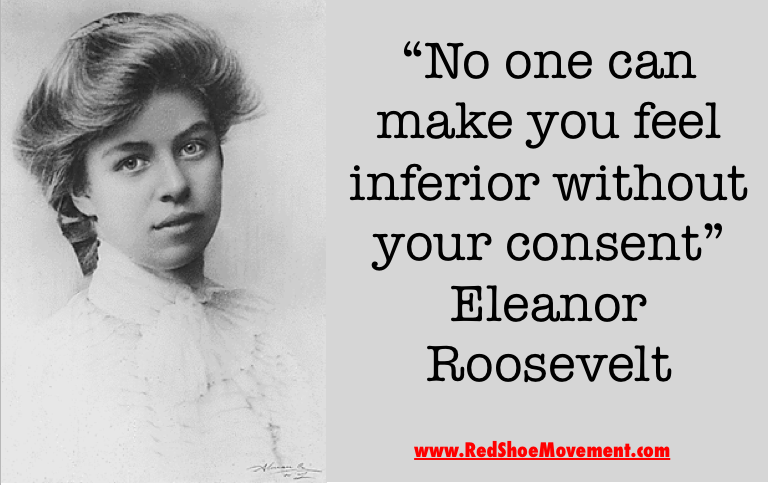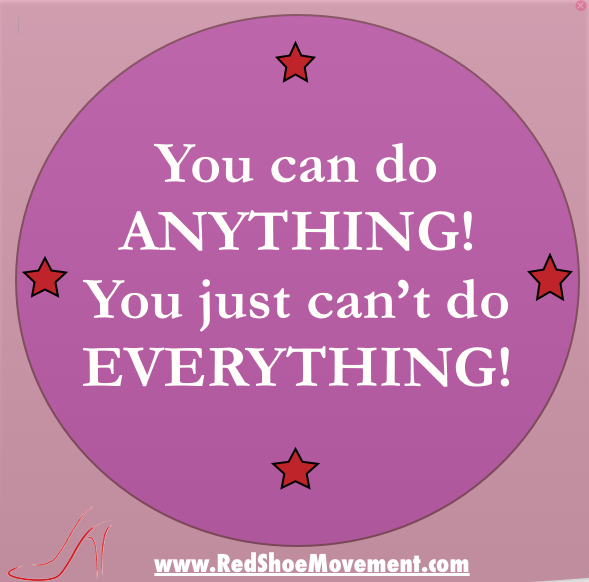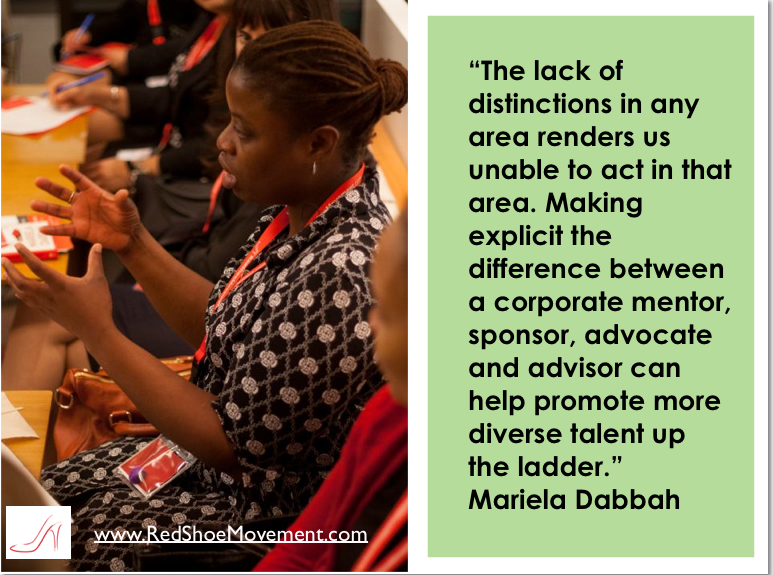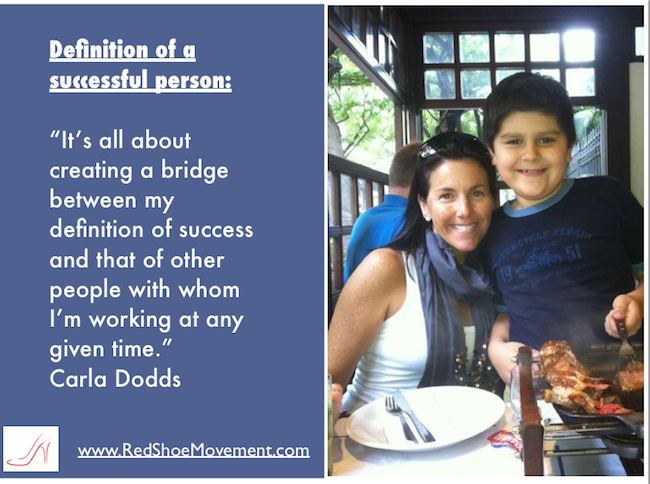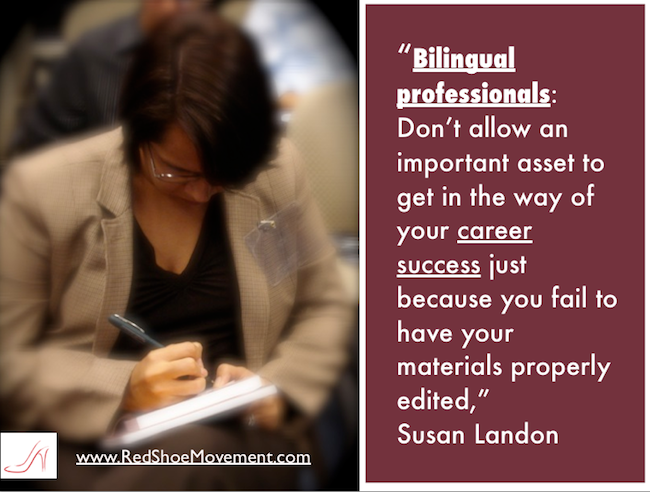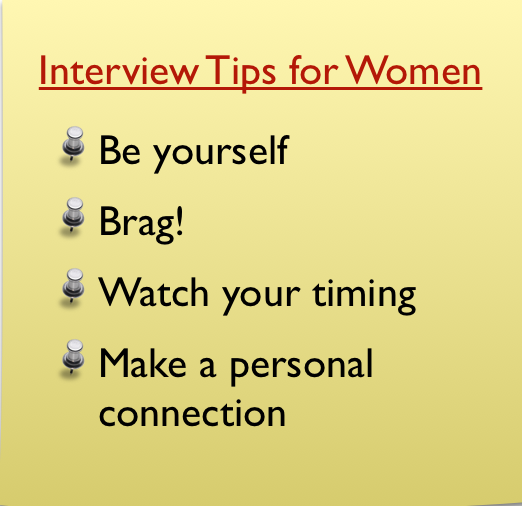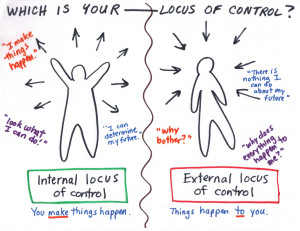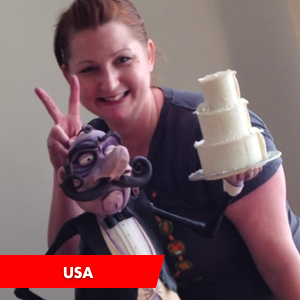The New Year may be making you ask yourself important questions like: What can you do to grow professionally? Can you take on new challenges? Are you stuck in your comfort zone?
There is certainly nothing wrong with feeling secure and comfortable with where you are in life, whether professionally or personally. It also doesn’t hurt to take a moment to stop, look around, and make sure you’re not standing in the way of new opportunities.

The term “comfort zone” comes from Judith Bardwick’s 1991 work Danger in the Comfort Zone, where she describes it as “a behavioral state within which a person operates in an anxiety-neutral condition, using a limited set of behaviors to deliver a steady level of performance, usually without a sense of risk.” This means that new challenges and striving for growth become something you avoid in an effort to stay safe and stick to what you know: To your zone of comfort.
Ideally, we should learn to keep our comfort zone in constant expansion. It’s not about discomfort and demanding more from yourself, but about always finding room to grow, meet new people, and learn new things.
Stuck in Your Comfort Zone?
It’s likely that you have seen the signs of being stuck in your comfort zone reflected in some aspect of your professional or personal life. Maybe things and approaches that used to be exciting have lost their appeal. Maybe it’s a general feeling that you or your team are just going through the motions. Or it could be that you have noticed your network hasn’t had any new additions in a while because finding new places to meet the right people can feel like a lot of work.
It also affects your self-esteem since challenges and overcoming them increase our confidence and sense of fulfillment. So, you could be feeling a little depressed or like there’s something missing. Or scared to take on new challenges that could jeopardize any stability you’ve earned for yourself. It’s understandable but try to remember that failure is an important part of success and if you haven’t experienced it in a while, it could be a sign that you’re stuck in your comfort zone. And that it’s time to shake things up a bit.

What Are Some Benefits of Becoming Uncomfortable?
1More confidence: Being willing to take risks will allow you to put yourself to the test in ways that will reinforce your abilities and talents. This will make you feel more and more confident professionally (which will also reflect in your personal life.) Studies have shown that self-confidence helps take necessary risks to work towards organizational visions and objectives.
2A bigger network (and more opportunities): Going out, meeting people, and putting your talents and strengths in the forefront will help expand your network and make people keep you in mind when opportunities arise. Being a good team member and leader when dealing with challenges at work helps you build strong relationships that can be beneficial in the long run.
3Career growth: It’s not just about meeting the right people. Stepping out of your comfort zone when you’re feeling stuck and learning the best ways to navigate new challenges with your team will put you in the right place to earn promotions. Boosting your career by showcasing your leadership skills and adaptability.
4Adaptability: Stepping out of your comfort zone makes you adaptable. By putting yourself in different situations you learn to be prepared for whatever changes they may bring, which teaches you to think on your feet and be flexible to get the best results.
5New skills: New challenges will usually help you strengthen your skills. Stepping out of your comfort zone also comes with the opportunity to learn new things that will make it easier to complete new projects and maybe even fulfil old dreams (like learning a new language or trade.) It’s harder to get stuck in your comfort zone when new and exciting things keep happening.
6Better stress management: Making yourself step out of your comfort zone will help you get over some of the fears that sometimes hold us back. They may not disappear, but you’ll find it easier to handle and, in the long run, you can even learn to reinterpret stress as something that helps you be at your best instead of something that holds you back. According to University of Rochester psychologists, reevaluating how one perceives stress can make a big difference to a person’s mental health, general wellbeing, and success.

How to Step Out of Your Comfort Zone?
1Accept new challenges: Take on more responsibilities, new challenges, or that big scary project that sounds like a lot of work. Try to opt out of the safest option whenever possible and if these opportunities aren’t presenting themselves, talk to your manager and ask for them. You can also find ways to branch out outside of work, finding places where you can volunteer to perfect your skills and learn new ones.
2Learn something new: A good way to fix feeling stuck in your comfort zone is to fully embrace the discomfort of learning something completely new. Something you have no experience with will make it hard to get too comfortable until it enters your comfort zone. That will take time though, so try a new language, UX programming, or even something that’s just for you and your mental health, like dance.
3Meet people and network: Sites like LinkedIn can help a lot when it comes to networking, but it’s never a bad idea to find opportunities to meet people and make a good impression in person. Try to attend events, conferences, master classes, and other places where you will be able talk to people in your field of interest. Make sure you put in the time to build real, long-lasting connections.
4Find a mentor or coach: Asking for help when you are feeling stuck in your comfort zone is always a good idea. You can do it through a hired coach that will work with you to figure out what you need to overcome new challenges. Or find mentor who can listen to your worries and offer you a new perspective; inspire you to take the big risks and to overcome your fear of failure.
5Think of worst- and best-case scenarios: Allowing yourself to face your fears when stepping out of your comfort zone can make it easier to handle them. However, we are more likely to think about what could go wrong than about what could go right. Acknowledge the “worst” but take a moment to challenge that natural bias by also thinking about the best thing that could happen if you take that leap.
6Set goals and make changes: Writing down what you want could help you figure out what is missing and what the best way to get it is. Define your goals and figure out how big a change you need to step out of or at least begin to expand your comfort zone.
7Reward yourself: Stepping out of your comfort zone can be overwhelming and, well, uncomfortable. Find small ways to reward yourself for that big event you made yourself go to, the hours spent learning a new skill, or the extra work you’ve been putting into making big changes happen. You deserve to binge that show or take that trip.































































































































